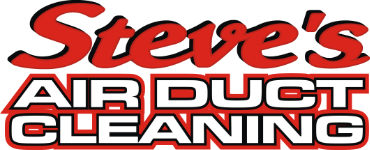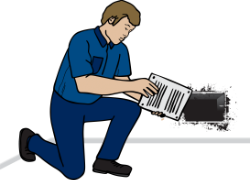HVAC Cleaning: Preparation, Tips & Other FAQs

Homeowners often wonder what professional HVAC cleaning will cost and whether the investment is worthwhile. Prices vary depending on factors like home size, system complexity, level of contamination, and whether sanitization is included. While costs may seem significant upfront, the long-term benefits often outweigh the expense. Cleaner ducts reduce strain on HVAC equipment, help lower monthly energy bills, and contribute to fewer respiratory issues—making the service a smart preventive measure for overall home health.
When evaluating cost, consider the service as a long-term investment in efficiency and comfort rather than a one-time purchase. Quality cleaning and sanitization not only improve air quality but can also extend the usable life of your HVAC system, saving money on repairs or replacements down the line.
Professional HVAC Cleaning vs. DIY Efforts
It’s tempting to think a vacuum and some elbow grease are all that’s needed to keep ducts clean, but in reality, DIY methods only address surface-level dust. Household vacuums and shop vacs cannot reach deep into ductwork, leaving most debris untouched. Worse, improper attempts can dislodge contaminants without fully capturing them, sending particles into the air you breathe.
Professional HVAC cleaning services, on the other hand, use specialized equipment like truck-mounted vacuums, negative air machines, and rotating brushes to thoroughly remove contaminants. Trained technicians can also identify issues like leaks, mold growth, or damaged ductwork. For these reasons, professional duct cleaning is the safest and most effective option for achieving noticeable improvements in indoor air quality.
When to Schedule HVAC Cleaning
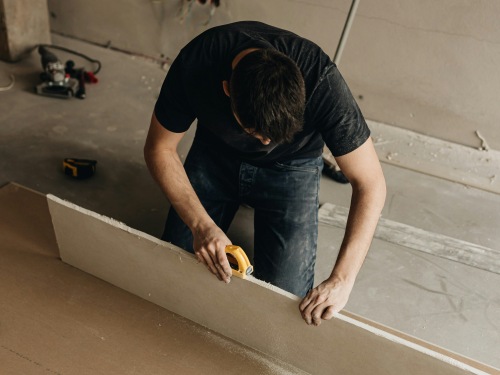
Renovations are another trigger for HVAC cleaning, as drywall dust and construction debris can infiltrate the system quickly. It’s also wise to schedule a cleaning after moving into a new home, since you may not know when the ducts were last serviced. Ultimately, the right schedule depends on your household’s unique environment and health needs.
Impact on HVAC System Lifespan
Dirty air ducts don’t just affect the air you breathe—they also take a toll on your heating and cooling equipment. A clogged system forces blowers, coils, and filters to work harder than intended, accelerating wear and tear. Over time, this can result in breakdowns, reduced efficiency, and costly repairs.
By keeping ducts free from dust, debris, and microbial growth, you reduce stress on your HVAC components. Regular HVAC cleaning and sanitization provide preventative care that extends the system’s lifespan, helping ensure consistent comfort and protecting the investment you’ve made in your heating and cooling equipment.
How to Choose the Right Service Provider
Not all air duct cleaning services are equal. Choosing the right provider can mean the difference between a quick surface cleaning and a comprehensive job that truly improves air quality. Look for companies that are certified by reputable organizations such as NADCA, carry full insurance, and provide clear, upfront pricing. Reading customer reviews and asking for references can also give insight into service quality and professionalism.
Another important consideration is the methods and products used. Ask whether the provider offers sanitization options with EPA-approved treatments and whether their equipment is designed for both safety and efficiency. The right partner will explain the process, answer your questions clearly, and tailor services to your home’s unique needs.
Health Benefits of HVAC Cleaning
One of the most overlooked advantages of HVAC cleaning is its impact on health. Dust, pollen, mold spores, and pet dander trapped in ductwork can circulate through your living space, triggering allergies and respiratory discomfort. For individuals with asthma or weakened immune systems, this exposure can be especially problematic.
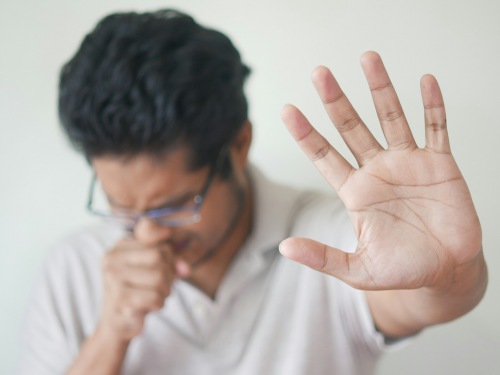
By removing these irritants, HVAC cleaning improves the overall quality of indoor air. Families often report fewer allergy flare-ups, less eye and throat irritation, and a fresher environment. Clean ducts also reduce the spread of musty odors, creating a home atmosphere that feels healthier and more comfortable day to day.
Tips to Extend the Life of Your HVAC System
Replacing an HVAC system is one of the most costly home expenses a family can face. Fortunately, there are several practical steps you can take to ease the strain on your system, keep it running efficiently, and postpone the need for a full replacement. With decades of experience in HVAC cleaning and maintenance across the Denver Metro area, here are some of the best strategies we’ve found to protect your system and save money in the long run.
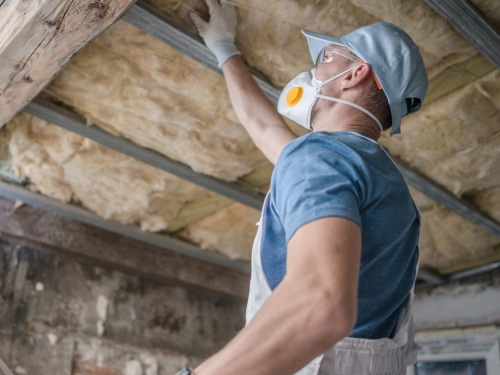
- Improve Home Insulation: Poor insulation forces your HVAC to work harder. Addressing attic insulation or drafty windows reduces energy loss and lightens the load on your system.
- Change Filters Regularly: Fiberglass filters should be swapped monthly, while pleated filters generally last about three months. Always check and replace them sooner if they look dirty.
- Schedule Professional HVAC Cleaning: Annual deep cleaning of ducts and system components removes hidden dust, debris, and even pests, restoring airflow and improving efficiency.
- Book an Annual Technician Check-Up: A trained professional can inspect critical components, make small repairs, and catch issues before they turn into costly breakdowns.
- Use the Auto-Fan Setting: Instead of keeping your fan “On” constantly, switch to “Auto” so the system only runs when needed, reducing wear and tear.
Following these simple practices can make a significant difference in how long your HVAC system lasts. Regular attention, combined with help from trusted professionals, keeps your system efficient, your home comfortable, and your energy bills lower over time.
Frequently Asked Questions
Most professional cleanings last between two and four hours, depending on the size of the home and the complexity of the ductwork. Larger homes or systems with heavy buildup may require additional time. Technicians typically cover each vent and return to ensure thorough results.
Yes, in many cases. When ducts are clogged with debris, your HVAC system works harder to move air. After cleaning, airflow improves and efficiency increases, which may lower utility costs. While the savings vary, homeowners often notice improved comfort and performance.
You can vacuum vents and dust grilles, but full duct cleaning requires specialized equipment that reaches deep into the system. Attempting DIY duct cleaning often misses contaminants and could damage ductwork. Hiring a professional ensures the job is done safely and effectively.
Look for companies that are licensed, insured, and certified by organizations like NADCA (National Air Duct Cleaners Association). Reading reviews, asking about equipment, and confirming transparent pricing can help ensure you choose a reliable provider.
Conclusion
HVAC cleaning is more than a chore—it’s a critical part of home maintenance that protects your health, comfort, and investment. From reducing allergens and odors to boosting system efficiency and lifespan, the benefits of regular cleaning are far-reaching. By working with a trusted professional and following preventive best practices, you can keep your HVAC system running smoothly while enjoying cleaner air and lower energy bills. In the long run, HVAC cleaning pays for itself many times over, ensuring your home remains a safe and comfortable place for years to come.
Start Breathing Easier.
Your air ducts are the lungs of your home and keeping them clean keeps you and your family healthier and your HVAC equipment working optimally.
